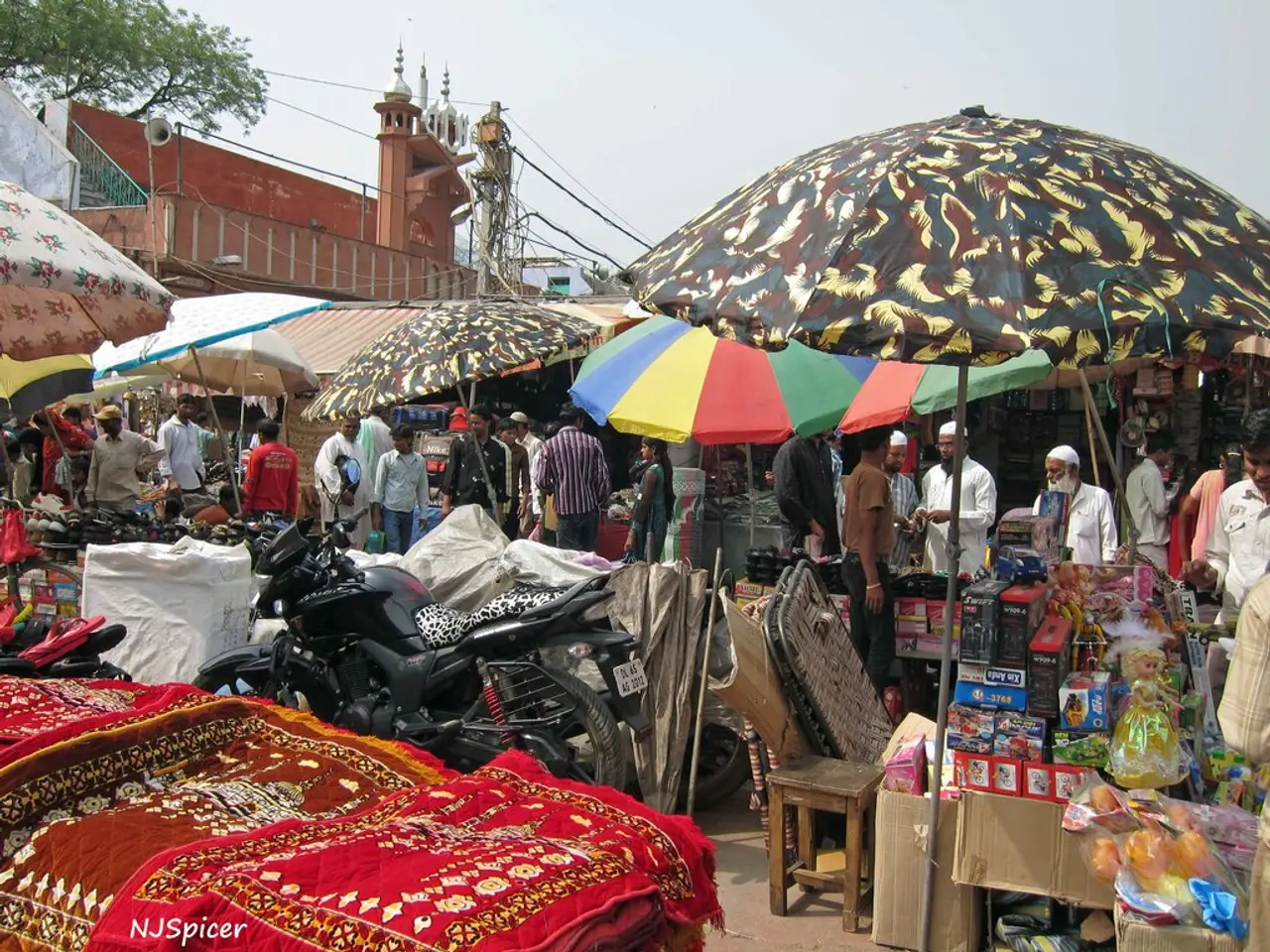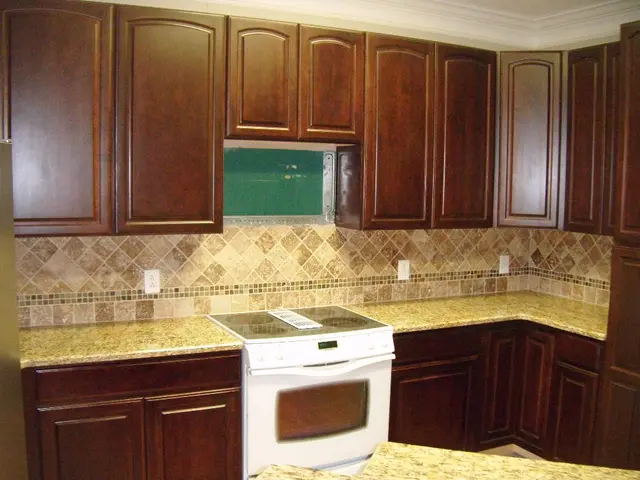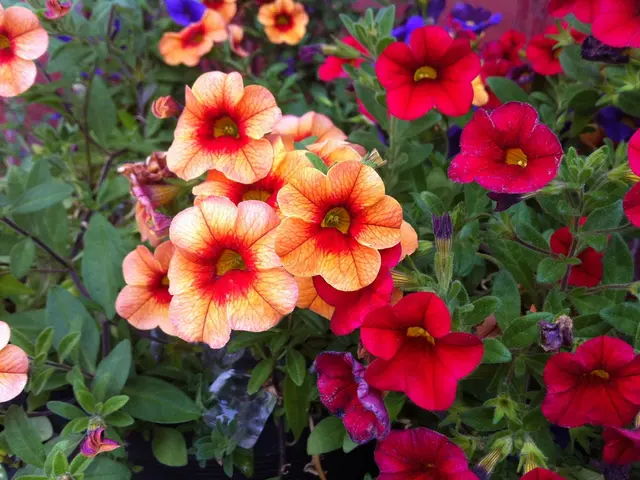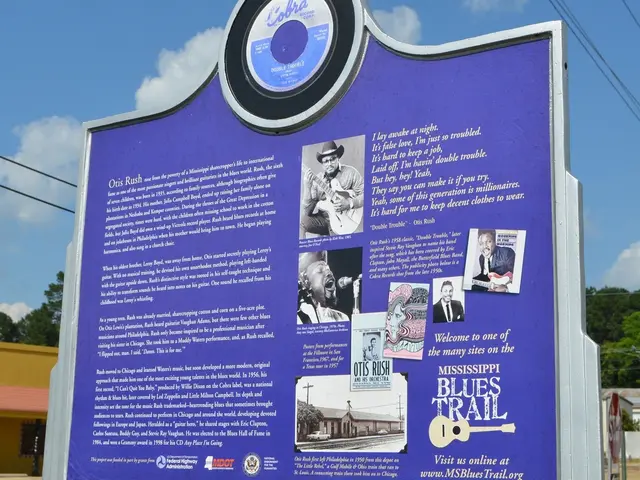Experiencing Ramadan in Dubai for Non-Muslims: A Comprehensive Guide
Ramadan, the ninth month of the Islamic lunar calendar, is a time of fasting, reflection, and spiritual growth for Muslims worldwide. This month is particularly special in Dubai, where the city transforms into a unique and enchanting environment that invites both residents and visitors to experience its rich culture and traditions.
During Ramadan, practicing Muslims in Dubai abstain from eating, drinking, smoking, and other indulgences from dawn until sunset. The fast is broken at sunset with Iftar, and pre-dawn meals, known as Suhoor, help sustain energy for the day ahead.
Visitors and residents in Dubai are encouraged to participate in acts of charity during Ramadan. Non-Muslims can still embrace the spirit of giving by contributing to donation drives, distributing food to workers, or supporting local charities. It's essential for non-Muslims to be mindful of those who are fasting, avoiding public consumption of food and drink until sunset and dressing conservatively.
Dubai's landscape changes during Ramadan, with lavish, beautifully decorated spaces called Ramadan tents and majlises set up for people to gather for Suhoor and socializing. Malls, restaurants, and markets stay open much later than usual, offering late-night shopping experiences. While eating, drinking, or smoking in public before Iftar was previously restricted, recent regulations now allow restaurants to operate during the day without requiring curtains or partitions.
Ramadan in Dubai is not just about abstaining from worldly pleasures; it's also about self-reflection, kindness, and strengthening community bonds. The month culminates with Eid Al-Fitr, a grand celebration marking the end of fasting.
For non-Muslim residents and visitors, experiencing Ramadan in Dubai provides an opportunity to witness a deeply meaningful time in the region's culture. There are various cultural events and exhibitions, such as Quran recitations, Ramadan-themed art, and heritage exhibits, that offer insights into the rich history and traditions of the Islamic faith. Many cultural centers and mosques in Dubai welcome non-Muslims to join Iftar and learn more about Ramadan traditions.
If planning social gatherings during Ramadan, consider scheduling them after Iftar and being mindful of alcohol consumption restrictions. Many offices in Dubai operate on reduced hours during Ramadan. Government offices and banks adjust their schedules accordingly.
In conclusion, Ramadan in Dubai creates an experience unlike any other, with a spiritual and cultural atmosphere that invites everyone to participate and learn. Whether you're a resident or a visitor, embracing the spirit of giving, respecting the practices of those who are fasting, and exploring the city's cultural events are all ways to enrich your understanding of this special time in Dubai's Islamic community.
Read also:
- Mondelez prioritizes sustainability in its day-to-day business operations, with Kinh Do being no exception.
- Uncover Five Distant Money-Making Opportunities, Ready to Kickstart and delivering a daily earnings of $100 each.
- Gathering Gujarat's entrepreneurial community in the Innovation Dialogues hosted by our foundation, aiming to boost the pace of inclusive entrepreneurship and growth in Small and Medium Businesses.
- Mouth Cancer Symptoms, Identification, and Management Strategies







